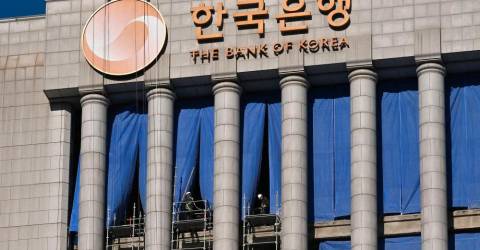Seoul: Inflation in South Korea eased for the first time in four months in November, bringing relief to policymakers who are concerned about persistent inflation risks as they plan to continue restrictive monetary policy for a long time.
Official data on Tuesday showed the consumer price index rose 3.3% year-on-year, slower than the median rise of 3.7% in a Reuters poll after rising 3.8% in October.
The index fell 0.6% on a monthly basis, the first decline since November 2022 and the largest decline since October 2020.
The core index, which excludes volatile components including fuel and food, eased to 3.0% in November, the lowest rate of increase since March 2022.
At a policy meeting on the 20th, Finance Minister Choo Kyung-ho said, “Compared to the core inflation rate in the United States and Europe, which is still in the 4-5% range, (Korea’s core inflation rate) is much higher. It seems to be stable.” Seoul. “Given this, we expect inflation to remain steadily stable going forward unless faced with additional external shocks.”
The gradual economic slowdown is mainly driven by easing fresh food prices and fuel prices.
The Bank of Korea (BOK) last week kept interest rates on hold at 3.50% at its final policy meeting of the year, suggesting it may need to keep rates high for an extended period of time to avoid persistent inflation risks.
Most economists believe that the Bank of Korea has reached a peak in interest rates, and the Bank of Korea will ease its policy starting in the third quarter of next year, as cooling inflation makes it difficult to justify restrictive borrowing costs to the public. is expected to start. – Reuters


